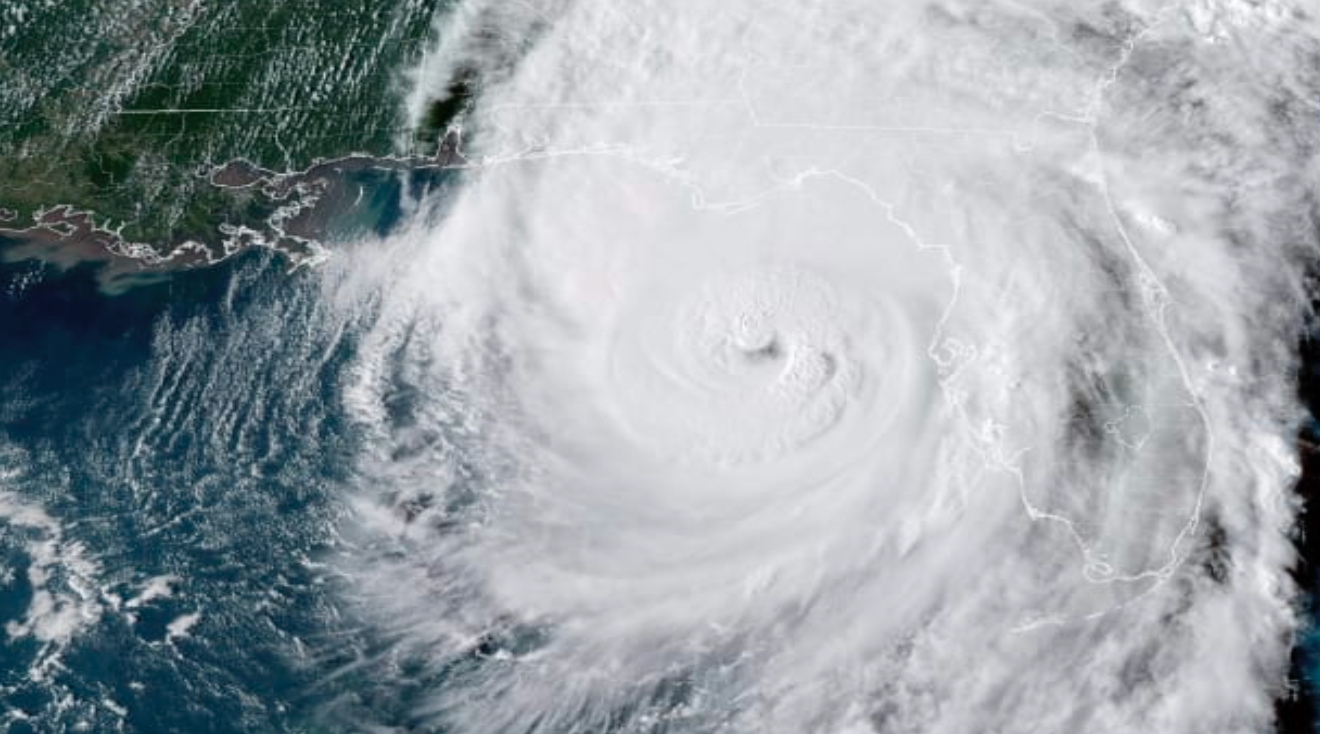Navigating the Changing Tides: How Developers Stay Afloat in a Sea of Environmental Regulations
Real estate land development is a significant investment of time and money, and those who are undertaking these types of projects will benefit from taking all appropriate measures to secure their interests. Developing a residential community, retail location, commercial building or other types of properties can present challenges that could pose a risk for financial loss and legal complications if not effectively managed.
One important area to which developers should give appropriate consideration is environmental impact and regulations. Both commercial and residential developers must protect their financial investment while also adhering to federal environmental laws, a process that can be challenging. Before beginning a project, regardless of the type and scope, a developer will benefit from learning about common environmental concerns that he or she may have to navigate along the way.
Reasonable solutions to common concerns
The discovery of an environmental issue could compromise an entire development project, especially if the matter could impact the health and safety of workers, residents, and others.
Some of the most common challenges that real estate developers may face during the completion of a project include the following:
- Air pollution — Air pollution, nuisance smells, poor waste management and other issues could contaminate the air and affect the use of the development.
- Climate change — It is possible that some could raise concerns about how the project may strain the local environment, possibly even negatively contributing to climate change.
- Soil contamination — A soil test could reveal compromised land, or there may be concerns that the building process itself could cause long-term problems with soil quality.
- Water pollution —There may already be pollution in the water near the proposed development, or the projected use of the land may violate regulations that prevent pollution of water sources.
- Natural resources —More sites these days are encountering the presence of regulatory wetlands and waters. The recent EPA Sackett ruling has drastically changed the regulatory and permitting roles of state and federal regulatory agencies.
Dealing with environment-related concerns and environmental regulations can be a major issue for developers. Non-compliance can lead to expensive fines, and knowing how to appropriately manage these issues could be critical to the success of a project.
Disputes over compliance and other matters It may be important for a developer to have experienced guidance when managing environmental regulation issues.
Compliance disputes can be costly, and they may compromise the entire project. A developer will benefit from seeking an understanding of how to confront unfair intrusions from the government, the threat of fines and other matters that could affect the quality and completion of a project.




